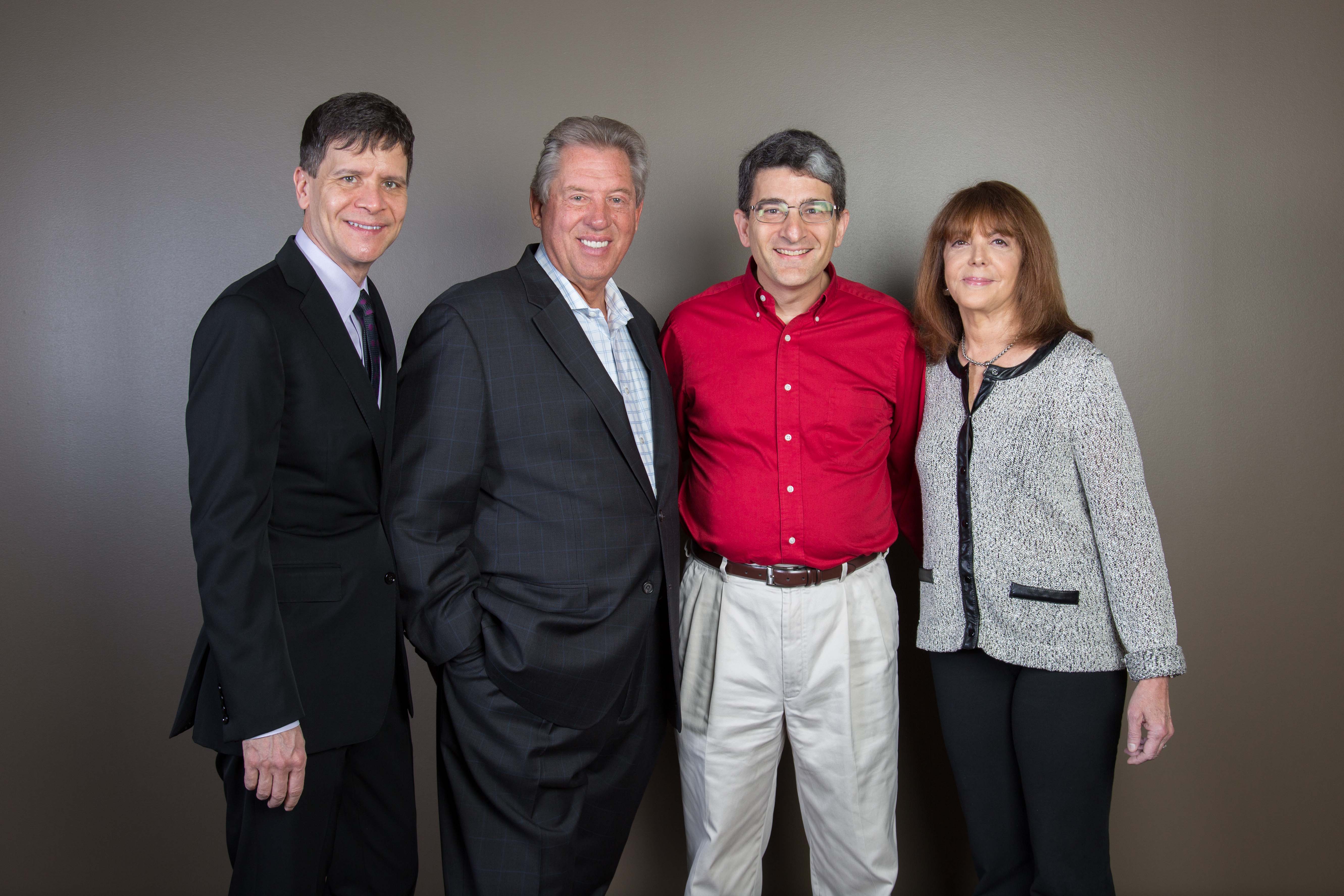L2: Learn Lead – A New and Exciting Leadership Education Event
 I had the pleasure of attending the first L2 leadership event, held just outside of Atlanta Georgia, about three weeks ago. Based on what I experienced this will be the first of many annual events to come. At first it seemed like the event would simply be a shortened (only a half day) copycat of Leadercast (the event held in May of each year, which I usually attend); but I was wrong. There were only three speakers, much less “show” to the event, and much more content per speaker (in my opinion). The event is held in the same facility as houses the new John C. Maxwell Leadership Center. Each presentation was 45 minutes. John Maxwell went first, and finished the event as well.
I had the pleasure of attending the first L2 leadership event, held just outside of Atlanta Georgia, about three weeks ago. Based on what I experienced this will be the first of many annual events to come. At first it seemed like the event would simply be a shortened (only a half day) copycat of Leadercast (the event held in May of each year, which I usually attend); but I was wrong. There were only three speakers, much less “show” to the event, and much more content per speaker (in my opinion). The event is held in the same facility as houses the new John C. Maxwell Leadership Center. Each presentation was 45 minutes. John Maxwell went first, and finished the event as well.
Here is what I learned and highly commend for your consideration. Instead of giving you a complete synopsis of each speaker’s content, I thought I would simply let you know a few things I learned from each speaker (three or four points I will try and apply in my own life and leadership):
John Maxwell spoke (in both of his sessions) on the topic of “Good Leaders Ask Great Questions.” Since he just wrote a book with that title, I believe all of the attendees present understood that two 45 minutes segments really did not do the topic justice. Here are my takeaways:
- You only get answers to questions that you ask. Some folks don’t ask questions because they do not want to look bad, or dumb, to others. I have a tendency to not ask questions, especially when there is more than one other person in the room. In a conversation the person who wins (takes away the most, or learns the most) is the person who asks the most questions, and I am therefore cheating myself by not speaking up.
- When we ask questions, we have the ability to direct the conversation. Dr. Maxwell gave us many questions to ask when you are in a one on one learning lunch or meeting type of situation such as: What is the greatest lesson you ever learned? What have you learned recently? How has failure shaped your life? What have you read that I should read?
- As a leader I need to regularly ask myself three questions:
- Am I investing in myself? – This is a personal growth question I need to ask myself every day – what am I doing to make myself better, to grow as a leader, realizing that it is impossible to raise and lift up others if my own life is dormant.
- Am I genuinely interested in others? – This is a question where I examine my own motives.
- Am In investing in the right people? – This is a question where I ask about return on investment. Do those who I invest my time and energy in, themselves: influence others, have a potential to grow, desire to grow, have passion and character?
Linda Kaplan Thaler, a world renowned leader and innovator in the field of marketing (having created such well known marketing campaigns as the Aflac Duck and the Toys ‘R’ Us jingle), spoke on the topic of “GRIT: How Ordinary People Become Extraordinary”. GRIT stand for Guts, Resilience, Initiative and Tenacity. Here are my takeaways to keep on track in working to achieve success in my life:
- Solve small problems – people tend to freeze up when it appears obstacles are too large. When it seems so, I need to focus on small accomplishments and keep moving forward.
- Make my Bed – start every day by accomplishing something small. This will create a positive tone to build on during the day.
- Finish what I start – stay focused and accomplish. Avoid starting too many things and finishing nothing.
- Forget will power – put myself in situations where I am not tempted to mess up, waste time, or do something which is not beneficial to my life goals and objectives.
Tim Sanders, a maverick CEO of a tech start-up, who is the former Yahoo Chief Solutions Officer, spoke on the topic of “People Centric Tools for Success”. He has recently authored an excellent book titled “Today We are Rich” which I highly recommend. Here are my takeaways from his three imperatives to maintain balance and progress in life:
- Clear Mind – If my mind is filled with garbage, then my life is going to be negative. He stressed the importance of getting a good start to the day, which means not checking email while I lie in bed, and not inundating myself with negative media, but instead having a time of learning and reflection before I do anything else.
- Creative tendency – We need to leave time in life for creativity. The creative things I do in my free time will make me more creative at work.
- Compassionate Way – I need to be more loving to the people I lead, and work with. I simply cannot lead people if I do not care for them. The most compassionate thing I can do as a leader is to listen without power (or exerting power).
Tim Sanders presenting at L2: Learn Lead
John Maxwell speaking to small group at exclusive L2: Learn Lead breakfast
Linda Kaplan Thayer presenting at L2: Learn Lead




